Intel rubbishes EU's 'salacious' emails
Intel's chief executive Paul Otellini claims that the EU isn't letting his firm share its side of the story.

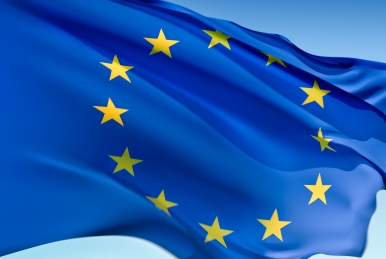
Intel has played down the importance of emails and memos released by European Union regulators, saying the documents are one-sided and don't show the whole story.
Yesterday, the EU released details from its anti-competition case against Intel, which lead to a 1 billion fine against the chip firm. The emails suggested that Intel threatened to refuse marketing funds to manufacturers if they used chips from rival AMD.
Noting that Intel is appealing the fine, its chief executive and president Paul Otellini said: "There's nothing new in yesterday's revelation of documents."
"I think they have consistently ignored information that would have painted an entire different story around those memos," he claimed, speaking to journalists today at the Intel Developer Forum in San Francisco.
While the EU's documents may make Intel look rather guilty of anti-competitive tactics, the tech firm is, for legal reasons, unable to release its own information that would change that picture, Otellini claimed.
"Governments can reveal documents like that, but we can't because we're under protection order," he said.
Otellini said Intel's own customers cited in the emails, particularly Dell, would describe the situation differently.
Sign up today and you will receive a free copy of our Future Focus 2025 report - the leading guidance on AI, cybersecurity and other IT challenges as per 700+ senior executives
"We don't behave in the way they weave together from those salacious emails and fully expect to be exonerated on appeal," Otellini said.
When asked if Intel has ever withheld marketing or other funds to discourage the use of rival technology, Otellini said a definitive no.
"No, we don't do exclusive deals, we don't do conditional deals, despite what you've read and what your heard and when our side of the story comes out you'll see that," he exclaimed.
Click here for more news from Intel Developers Forum 2009.
Freelance journalist Nicole Kobie first started writing for ITPro in 2007, with bylines in New Scientist, Wired, PC Pro and many more.
Nicole the author of a book about the history of technology, The Long History of the Future.
-
 The modern workplace: Standardizing collaboration for the enterprise IT leader
The modern workplace: Standardizing collaboration for the enterprise IT leaderHow Barco ClickShare Hub is redefining the meeting room
-
 Interim CISA chief uploaded sensitive documents to a public version of ChatGPT
Interim CISA chief uploaded sensitive documents to a public version of ChatGPTNews The incident at CISA raises yet more concerns about the rise of ‘shadow AI’ and data protection risks
-
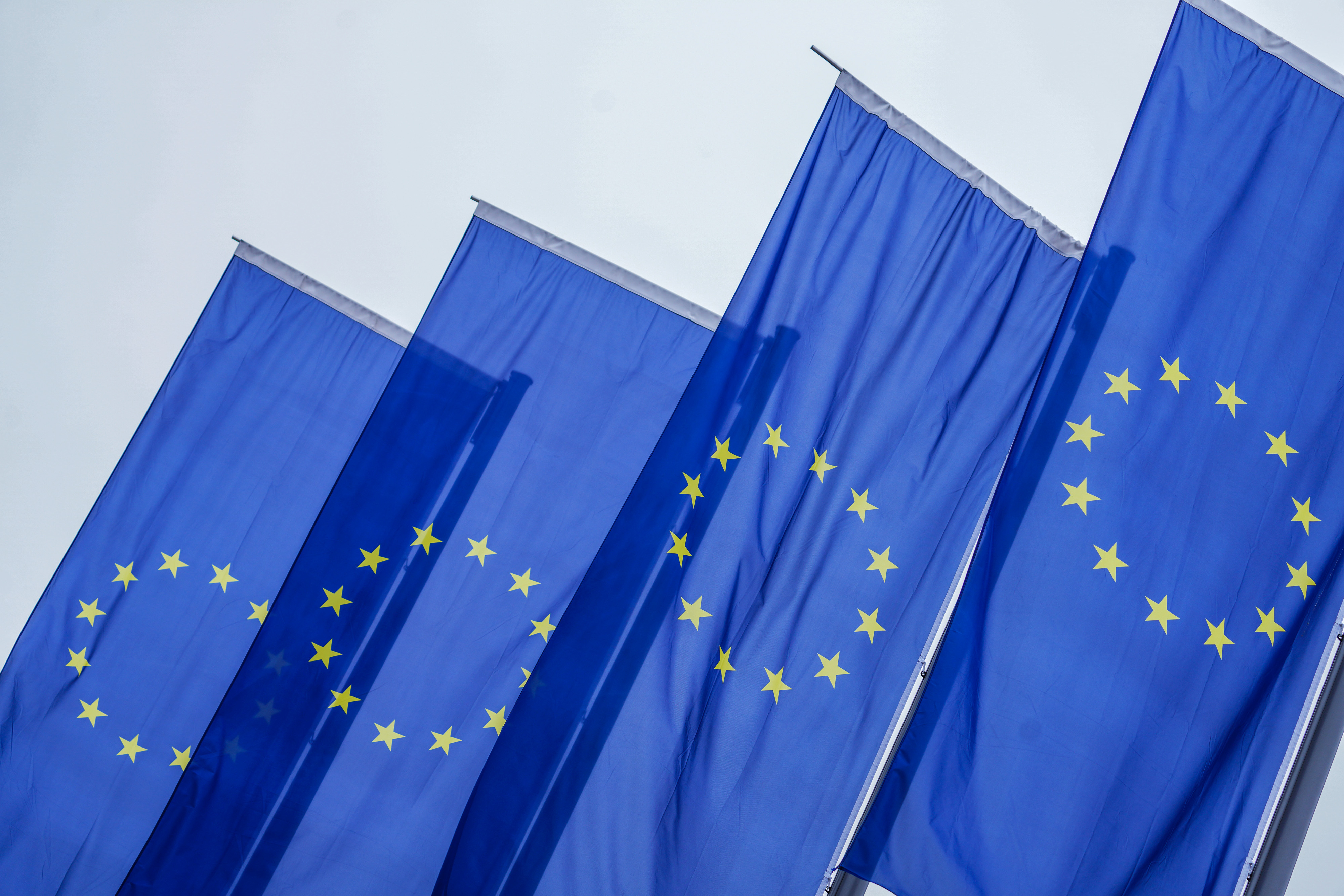 Will the future of AI be made in Europe? The EU thinks so
Will the future of AI be made in Europe? The EU thinks sonews European Commission unveils two plans backed by €1 billion to help homegrown AI
-
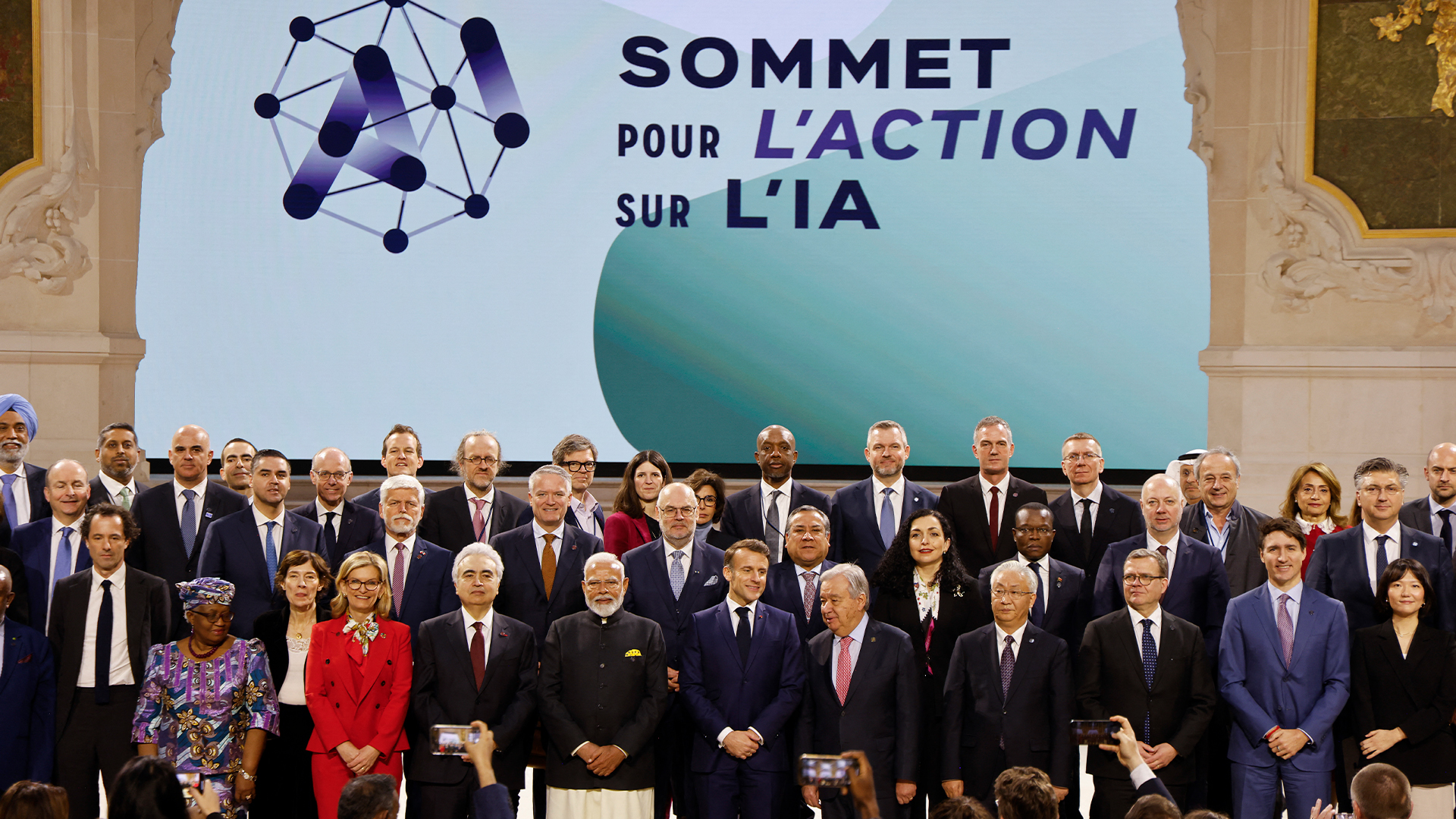 UK and US reject Paris AI summit agreement as “Atlantic rift” on regulation grows
UK and US reject Paris AI summit agreement as “Atlantic rift” on regulation growsNews The UK and US have refused to sign an international agreement on AI governance amid concerns over "practical clarity'.
-
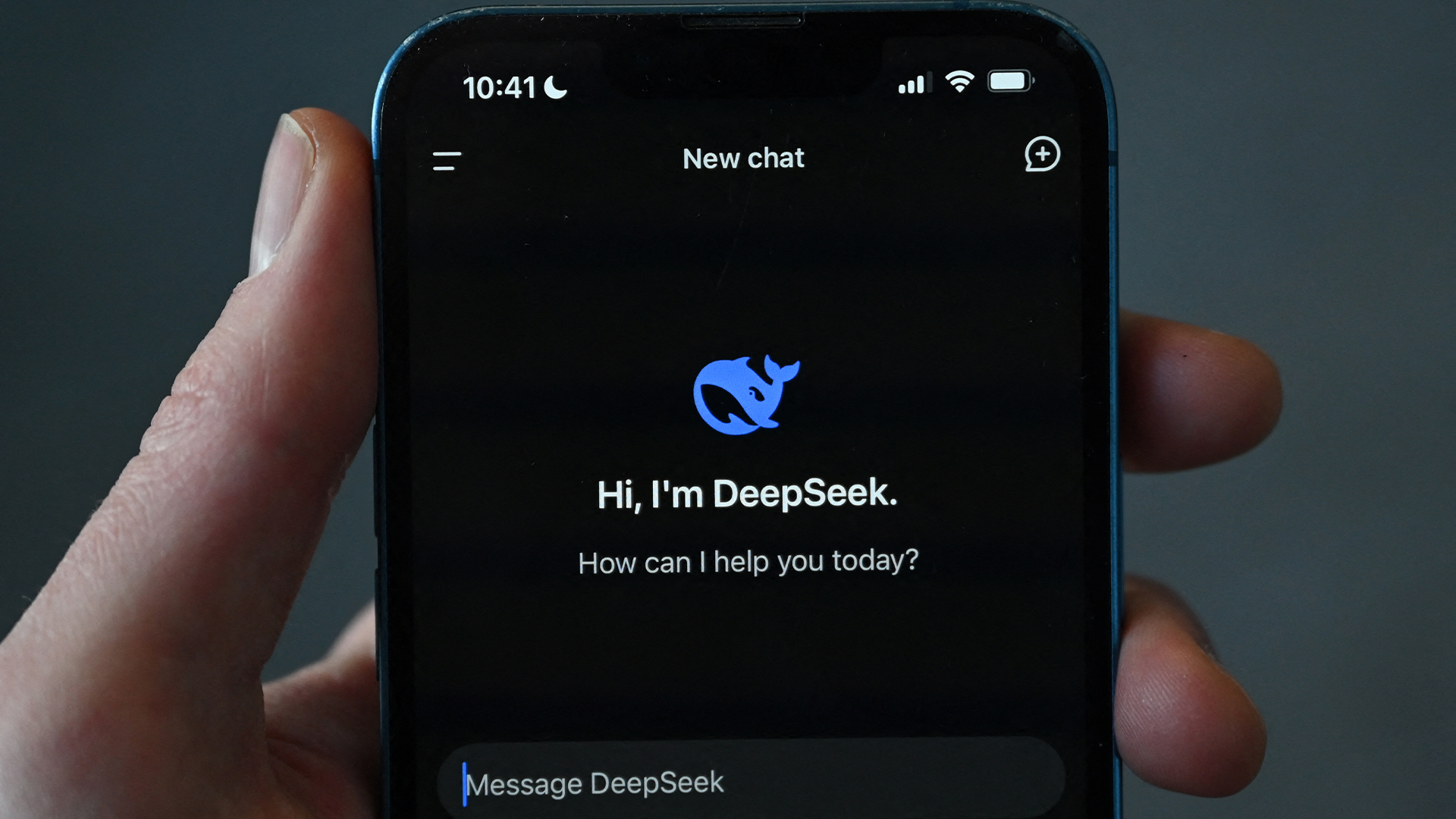 Looking to use DeepSeek R1 in the EU? This new study shows it’s missing key criteria to comply with the EU AI Act
Looking to use DeepSeek R1 in the EU? This new study shows it’s missing key criteria to comply with the EU AI ActNews The DeepSeek R1 AI model might not meet key requirements to comply with aspects of the EU AI Act, according to new research.
-
 European AI alliance looks to take on Silicon Valley and develop home-grown LLMs
European AI alliance looks to take on Silicon Valley and develop home-grown LLMsNews OpenEuroLLM is a consortium of 20 leading European research institutions, companies, and EuroHPC centers hoping to develop a family of open source LLMs.
-
 Gaining timely insights with AI inferencing at the edge
Gaining timely insights with AI inferencing at the edgeWhitepaper Business differentiation in an AI-everywhere era
-
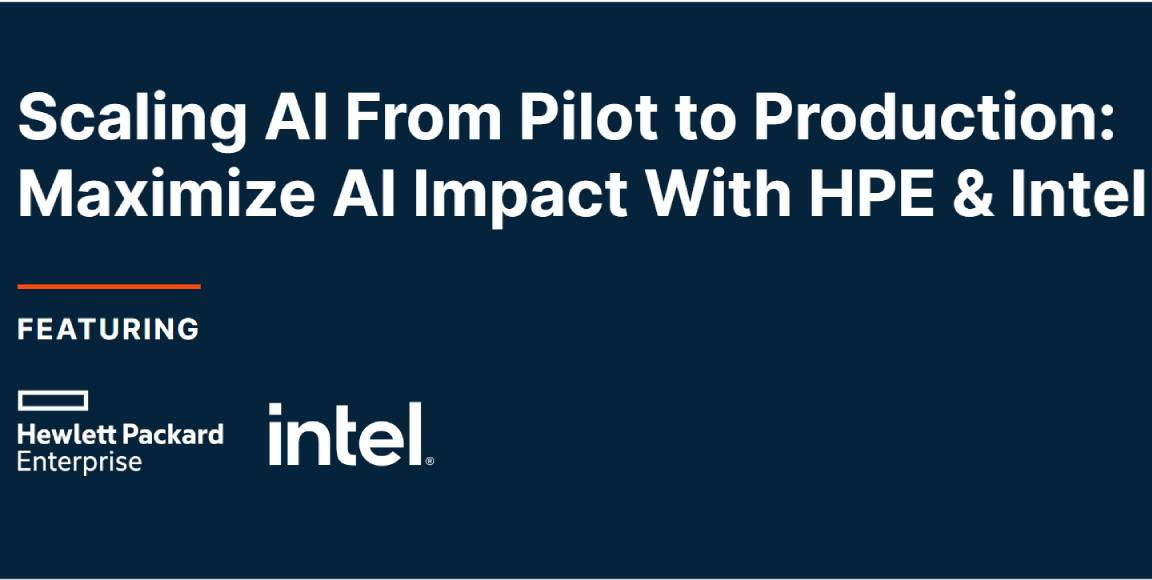 Scaling AI from pilot to production: Maximize AI impact with HPE & Intel
Scaling AI from pilot to production: Maximize AI impact with HPE & IntelWhitepaper Transform AI proof-of-concepts into full-scale implementations
-
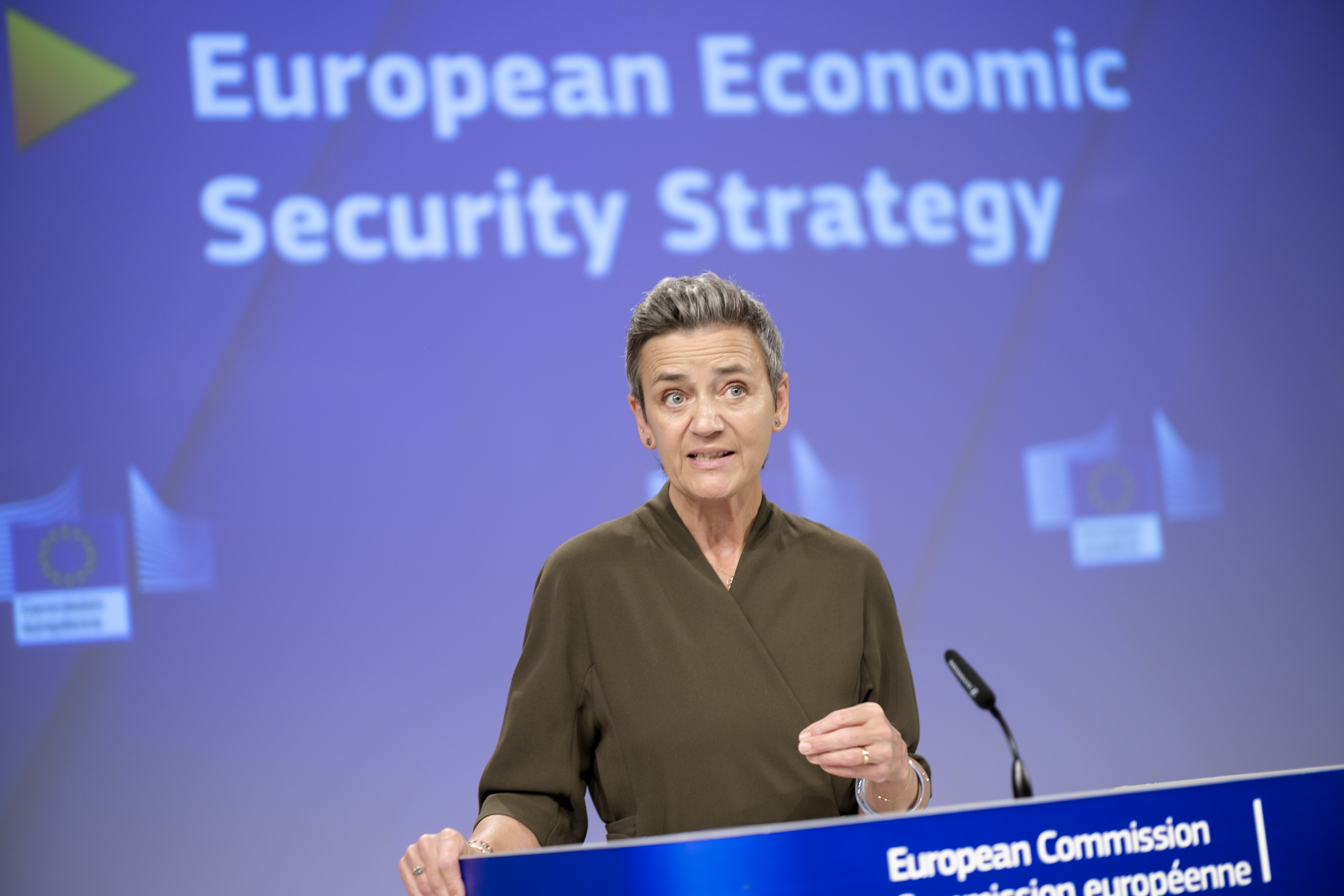 The EU just launched a bold new initiative to support regional AI startups and drive innovation
The EU just launched a bold new initiative to support regional AI startups and drive innovationNews EU-based artificial intelligence firms will be given financial support and access to supercomputers in a bid to accelerate innovation and boost competition with global counterparts
-
 Why Mistral AI could be Europe’s answer to US dominance
Why Mistral AI could be Europe’s answer to US dominanceAnalysis Mistral AI has raised a significant amount of investment amid a meteoric rise
